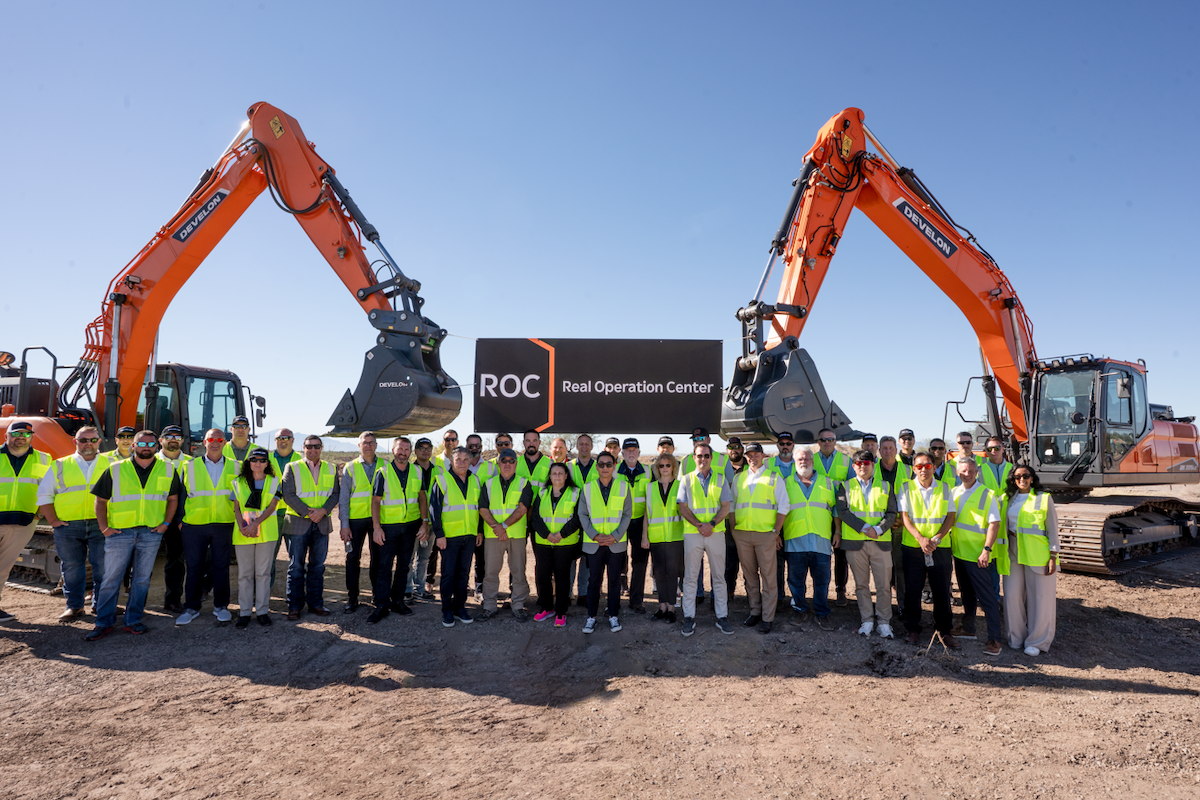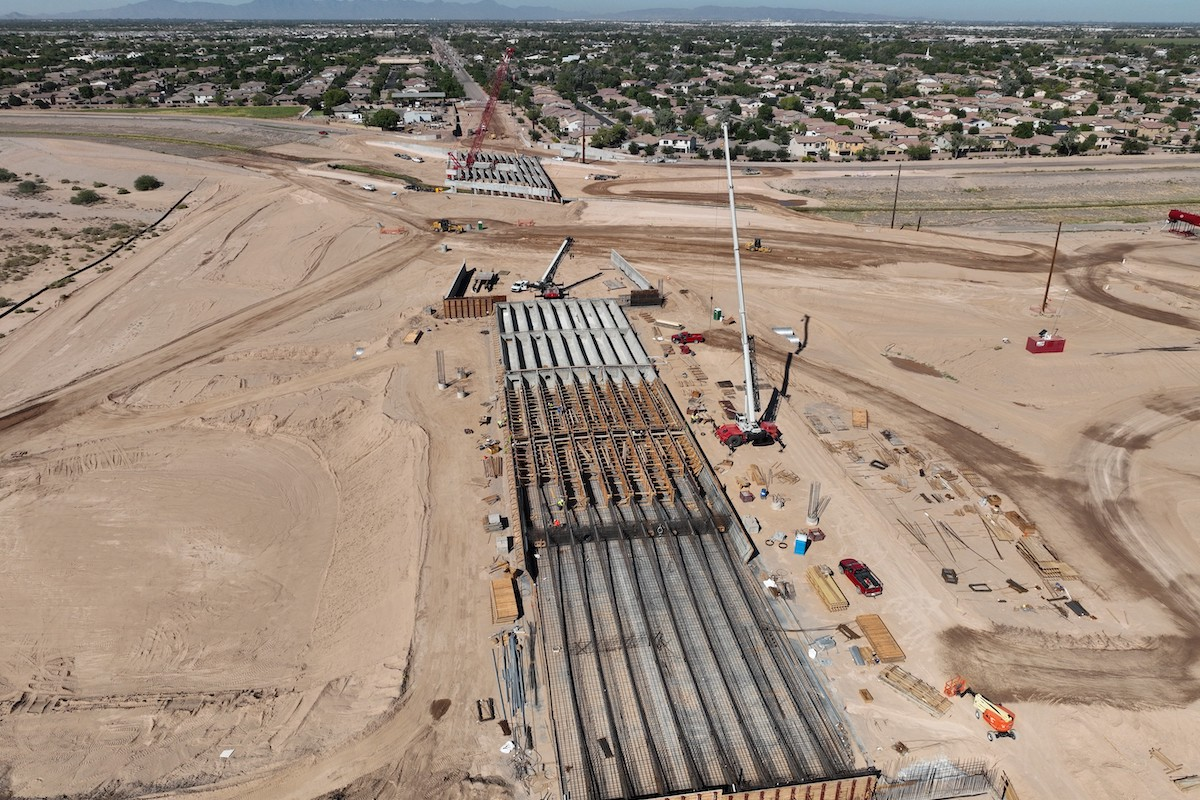However, the construction industry, particularly the heavy civil sector, has been slower to adopt advanced data management practices compared to other industries. This reluctance is often due to the complex and dynamic nature of construction projects, which involve numerous stakeholders, vast amounts of data, and constantly changing conditions.
Despite these challenges, effective data management can revolutionize how construction projects are executed. As the Founder and CEO of Trunk Tools, I have witnessed firsthand the transformative potential of robust data management strategies and AI-driven solutions in construction. This article explores the importance of managing construction data and how leveraging advanced technologies can lead to significant improvements in project outcomes.
Traditionally, this large amount of data is managed across separate systems, often creating information silos that hinder effective decision-making. This fragmented approach leads to inefficiencies while also increasing the risk of errors and rework, ultimately jeopardizing project timelines and budgets.
To address these challenges, advanced technologies offer a holistic approach to data management, integrating data from various sources into a unified platform. This approach enables project managers to gain real-time insights into project performance, identify potential issues early, and make informed decisions to keep projects on track.

| Your local Bobcat dealer |
|---|
| Ditch Witch West |
| Faris Machinery |
| Ditch Witch West |
| Faris Machinery |
Generative AI, in particular, excels at deriving semantic insights from unstructured data, making it a powerful tool in the construction industry where data is abundant but often lacks consolidation, is messy and unstructured, or is underutilized.
For instance, Trunk Tools and its flagship agents, TrunkText and TrunkPerform, leverage large language models (LLMs) and retrieval-augmented generation (RAG) to analyze data from blueprints, drawings, schedules, RFIs, and other sources. By converting unstructured data into structured data, Trunk Tools can deploy an army of AI agents that augment construction professionals in the field.
Technology like TrunkText enables project managers to query the mountain of project documents, gain actionable insights, and make data-driven decisions. For instance, AI-driven solutions can identify the most up-to-date documents or disparities in a project schedule, allowing managers to proactively address these problems and improve overall project performance.
By tracking holistic project data — such as the number of open RFIs connected to the next task on the critical path — project managers can identify bottlenecks and implement targeted interventions to enhance efficiency. For example, data analysis can reveal the hidden insight that certain tasks are consistently taking longer than expected in the schedule, indicating a need for additional training, schedule updating, or process improvements.
Additionally, by analyzing historical data, managers can forecast labor requirements more accurately, ensuring that projects are adequately staffed and reducing the risk of delays.
Before implementing these tools, he faced significant challenges in consolidating data from various sources and generating meaningful insights. This often led to delays in identifying and addressing issues, resulting in project overruns.
With AI-driven solutions, he was able to streamline his data management processes, gaining real-time visibility into project performance. When asked about the future of AI in construction, he remarked, “I believe AI is going to change the way we make sense of the immense amounts of data on our project sites, accelerating our ability to synchronize work streams and build for the future.”
Using TrunkText, he was able to quickly analyze large volumes of data and identify patterns that would have otherwise gone unnoticed. As a result, he was able to implement corrective actions promptly, improving project efficiency and reducing costs.
Effectively managing construction data is essential for improving project outcomes and remaining competitive in today’s construction landscape. The ability to increase speed and accuracy onsite can make the difference between a profitable project and a busted budget.
By adopting an innovative approach to data management and leveraging advanced technologies like generative AI, construction companies can improve all aspects of their business practices. The integration of AI-driven solutions will be the difference maker over the next decade. Don’t miss your opportunity to leverage these powerful practices and stay ahead of the competition.
Dr. Sarah Buchner is the Founder and CEO of Trunk Tools, a construction tech startup dedicated to developing AI-driven solutions for the construction industry. For more information, visit trunktools.com.






































































